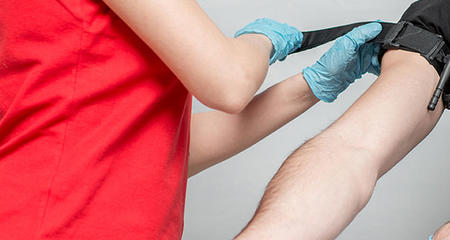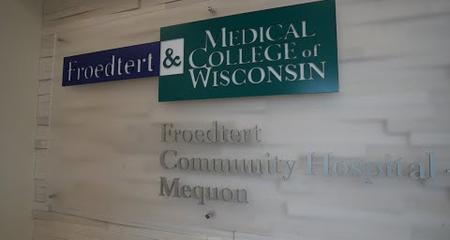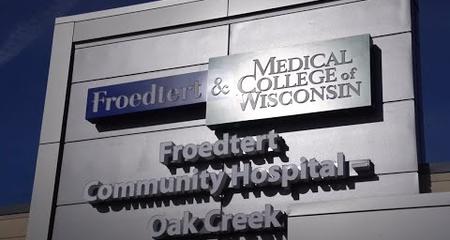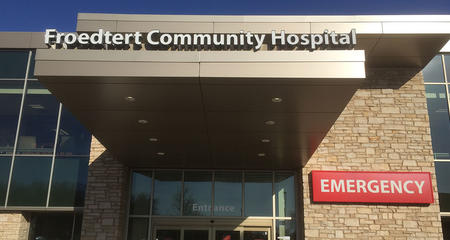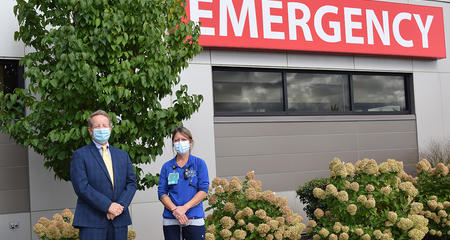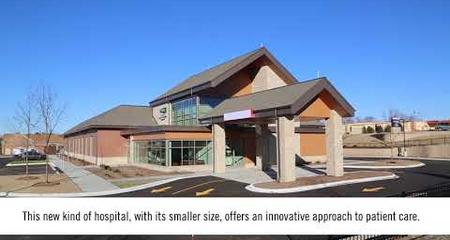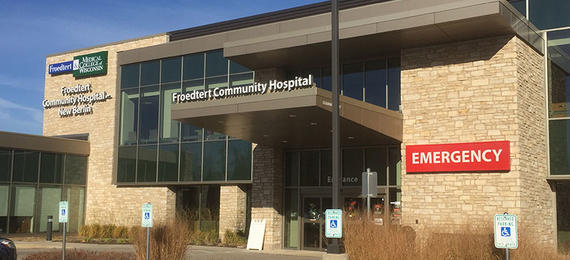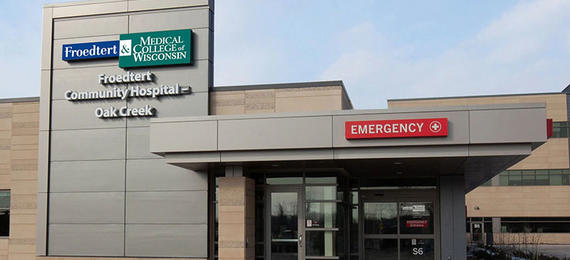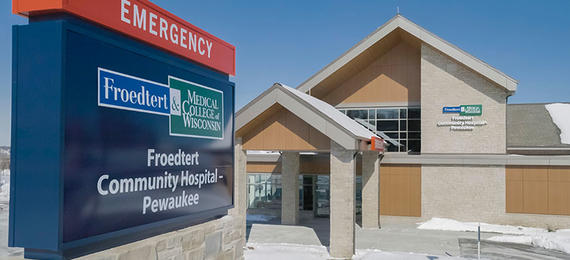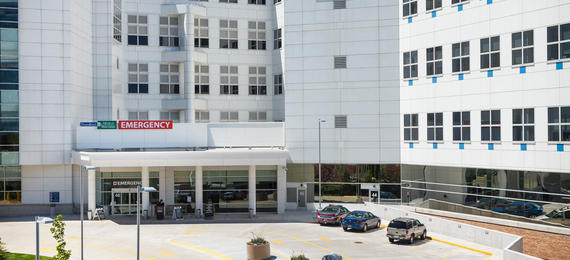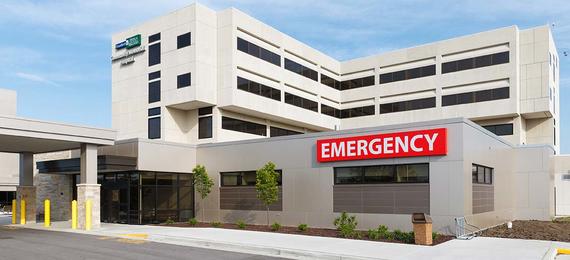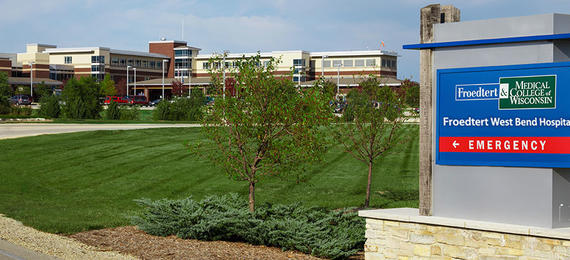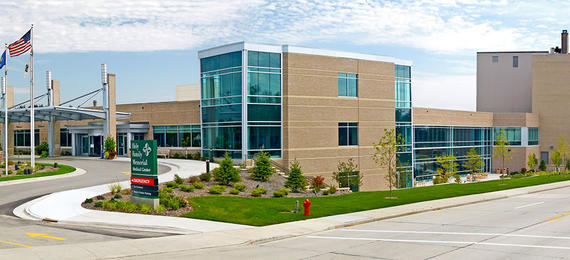Preparation is key for most things in life. While you can't plan for an emergency, you can be prepared when an emergency occurs. For health care emergencies, it is important to know what to do and what information to have ready.
Calling for Emergency Help
When speaking with the 9-1-1 dispatcher, do the following:
- Speak clearly.
- Give your name.
- Give your address and the location of the patient at that address.
- Give your phone number.
- Describe the problem.
- Don’t hang up until instructed by the dispatcher.
Medical Information You Should Bring to the Emergency Department
Details about your allergies, current medications, past medical history, advance directives and other information will be requested by Emergency Care Center staff. If you have time to gather these things to bring to the emergency room, they will be helpful in providing the best patient care.
- A current list of all medications. There are many medications that should not be taken together. Providing your health care provider with a list of all medications you are currently taken may prevent harmful effects of medication combination.
- Insurance information. To be assured that billing is processed correctly, a copy of your current health insurance card is necessary. Froedtert & MCW emergency departments accept many different insurance plans.
- Emergency information form. Having an emergency information form for each member of your household can help you feel confident in an emergency. Keep copies wherever you think you might need them and provide to caregivers.
- Emergency contact. Having your loved ones close during a health care emergency has many benefits. Have available emergency contact information in your purse or wallet, your car and in your cell phone.
- Advance directive. Communicating with your loved ones about your wishes in the event of a catastrophic health event is not always easy, but important. Should a health care issue or accident leave you unable to communicate, an advance directive, such as a living will and health care power of attorney, will ensure your wishes are followed.
High-Caliber Emergency Departments
-
HIV Screening in Our Emergency Departments
Based on the most current recommendations from the Centers for Disease Control and Prevention, our emergency departments screen emergency patients ages 18 to 64 for HIV if they are having blood work done. You can decide if you do not want to be tested for HIV. You will receive care and treatment no matter what you choose.
Test results may be available while you are in the Emergency Department. If you leave before your test results are available, they will be available in the Froedtert & MCW app and MyChart. You may be contacted by a member of your care team if you need follow-up testing or care.
Our HIV Care and Prevention Program is here to help answer questions about your HIV test after you leave the Emergency Department. You can reach them at 414-805-6444.
Blogs, Patient Stories, Videos and Classes
